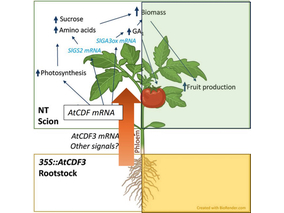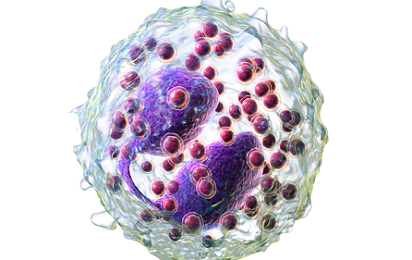High throughput sequencing (HTS) technologies have conquered the genomics and epigenomics worlds. The applications of HTS methods are wide, and can be used to sequence everything from whole or partial genomes, transcriptomes, non-coding RNAs, ribosome profiling, to single-cell sequencing.
Having such diversity of alternatives, there is a demand for information by research scientists without experience in HTS that need to choose the most suitable methodology or combination of platforms and to define their experimental designs to achieve their specific objectives.
Field Guidelines for Genetic Experimental Designs in High-Throughput Sequencing aims to collect in a single volume all aspects that should be taken into account when HTS technologies are being incorporated into a research project and the reasons behind them. Moreover, examples of several successful strategies will be analyzed to make the point of the crucial features. This book will be of use to all scientist that are unfamiliar with HTS and want to incorporate such technologies to their research.
Editors:
Aransay, Ana M., Lavín Trueba, José Luis
Link

AtCDF3 gene induced greater production of sugars a...

Un estudio con datos de los últimos 35 años, ind...

Un equipo de investigadores de la Universidad Juli...

En nuestro post hablamos sobre este interesante tipo de célula del...

It has been examined whether atherosclerosis can be avoided in HGPSrev...
Biotechnology portal in Spain
Subscribe to our newsletter and stay up to date with the latest news and deals!
2013 © Biotech-Spain.com - Site Developments SL. All Rights Reserved. Terms of Service | Privacy Policy
Articles
Directory
